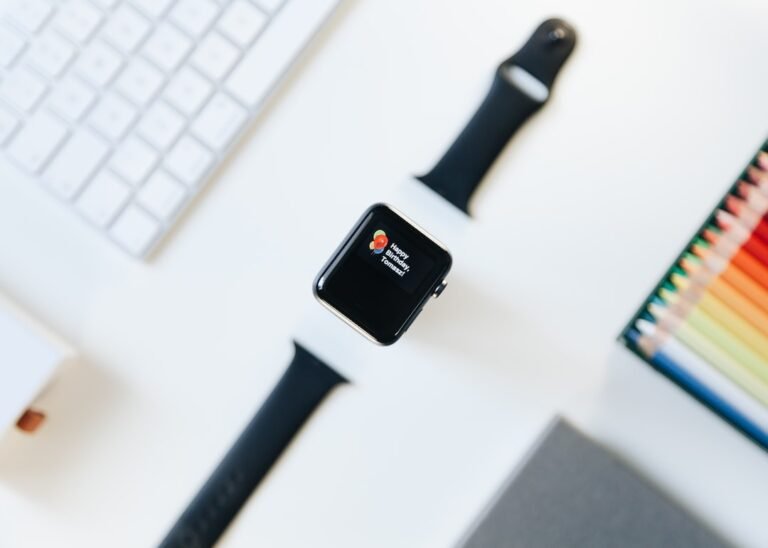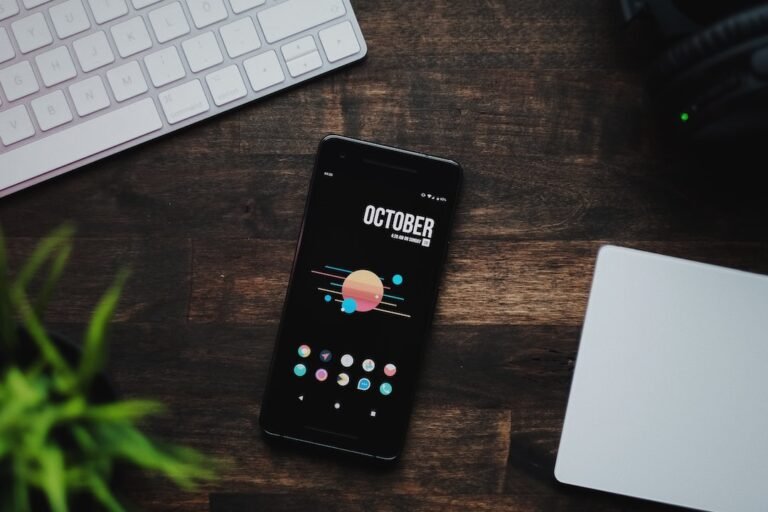Introduction
VPN (Virtual Private Network) usage has become increasingly popular in Colombia as individuals and businesses seek to protect their online privacy and security. However, there are concerns about the legality and regulations surrounding VPN usage in the country. In this step-by-step guide, we will explore the legality of VPNs in Colombia, address common questions and concerns, and provide guidelines for using VPNs while staying within the bounds of the law.
VPN Legality in Colombia
Colombia does not have specific laws that govern or regulate the use of VPNs. The country upholds the principles of freedom of expression and privacy, which includes the right to use encryption technologies such as VPNs. Consequently, VPN usage is generally legal in Colombia, and individuals can use VPNs to protect their privacy and secure their internet connections.
However, it is important to note that while VPN usage is legal, some activities conducted over VPNs may still be illegal. For example, using a VPN to carry out cybercrimes such as hacking, online fraud, or spreading malicious content is prohibited and punishable by law.
Is VPN Legal in Colombia?
Yes, VPN usage in Colombia is legal. Colombian citizens and residents have the right to use VPNs to protect their online security and privacy. VPNs allow users to establish a secure and private connection over the internet, encrypting their data and preventing third parties from monitoring or intercepting their online activities.
However, it is advisable to use VPNs responsibly and within the bounds of the law. While VPN usage itself is legal, engaging in illegal activities using a VPN is not.
VPN Regulations in Colombia
While there are no specific regulations governing the use of VPNs in Colombia, there are broader regulations that can potentially impact VPN usage. These regulations are aimed at preventing illegal activities and protecting national security.
Data Retention Laws
Colombia has data retention laws that require internet service providers (ISPs) to store user data for a certain period of time, typically between three months to two years. This data may include information about users’ online activities, such as websites visited, duration of connections, and IP addresses. VPNs, however, can help protect users’ privacy by encrypting their data and preventing ISPs from accessing this information.
Copyright Infringement
While VPN usage itself is legal, using a VPN to engage in copyright infringement, such as downloading or streaming copyrighted content without proper authorization, is illegal in Colombia. Copyright holders can take legal action against individuals who violate copyright laws, even if they are using a VPN.
It is important to respect intellectual property rights and use VPNs responsibly to avoid any legal repercussions.
VPN Legal Aspects in Colombia
When using a VPN in Colombia, it is essential to be aware of certain legal aspects to ensure compliance with the law:
Use a reputable VPN service: Choose a VPN provider that has a strong track record of protecting user privacy and maintaining a no-logs policy. This means that the VPN provider does not keep records of user activity, ensuring that your online activities remain private and secure.
Avoid illegal activities: While VPN usage itself is legal, engaging in illegal activities such as hacking, spreading malware, or conducting fraudulent activities is prohibited. Always use VPNs responsibly and abide by the law.
Respect copyright laws: Using a VPN to download or stream copyrighted content without proper authorization is illegal. Ensure that you only access and share copyrighted material through legal channels to avoid any potential legal issues.
- Stay informed: Stay up to date with any changes in legislation or regulations surrounding VPN usage in Colombia. This will help you adapt and ensure compliance with the law.
FAQs
What is a VPN and why do I need a VPN?
A VPN, or Virtual Private Network, is a technology that creates a secure and private connection over the internet. It encrypts your data and masks your IP address, providing privacy and security while browsing the internet. VPNs are useful for protecting your personal information, accessing geo-restricted content, and ensuring a secure connection when using public Wi-Fi networks. Learn more about VPNs here.
Is VPN illegal or is VPN legal?
VPN usage is legal in many countries, including Colombia. However, the legality of VPNs varies from country to country. While some countries restrict or ban VPN usage altogether, others allow VPNs with certain regulations. In Colombia, VPN usage is legal, but it is important to use VPNs responsibly and within the bounds of the law. Learn more about the legality of VPNs here.
Can I use a VPN for streaming services in Colombia?
Yes, you can use a VPN to access streaming services in Colombia. VPNs bypass geo-restrictions by masking your IP address and making it appear as if you are accessing the content from a different location. However, it is important to note that while VPN usage is legal, using a VPN to access copyrighted content without proper authorization is illegal. Always ensure that you are accessing content through legal channels to avoid any legal issues.
Are there any limitations when using a VPN in Colombia?
While VPN usage is generally unrestricted in Colombia, it is advisable to choose a VPN provider with a large server network and strong connection speeds. This will ensure that you have a reliable and fast connection when using the VPN. Additionally, some websites and online services may block or restrict access to users using VPNs. In such cases, you may need to switch to a different server or contact your VPN provider for assistance.
Conclusion
Using a VPN in Colombia is generally legal and provides individuals with the means to protect their online privacy and security. However, it is important to use VPNs responsibly and within the bounds of the law. Avoid engaging in illegal activities and respect copyright laws to ensure compliance. By following the guidelines outlined in this step-by-step guide, you can navigate the VPN legality landscape in Colombia with confidence.
Further Reading
| Website | Description |
|---|---|
| Colombia Telecomunicaciones | Official website of Colombia’s Ministry of ICT and Telecommunications, providing information on regulations and policies related to technology and telecommunications in the country. |
| Colombian Data Protection Authority | Official website of the Superintendence of Industry and Commerce (SIC), the regulatory authority responsible for data protection in Colombia. It provides information on data protection laws and regulations in the country. |
Note: The above external websites provide valuable information on VPN regulations and data protection in Colombia. However, please verify the latest information and consult official sources for accurate and up-to-date guidance.




